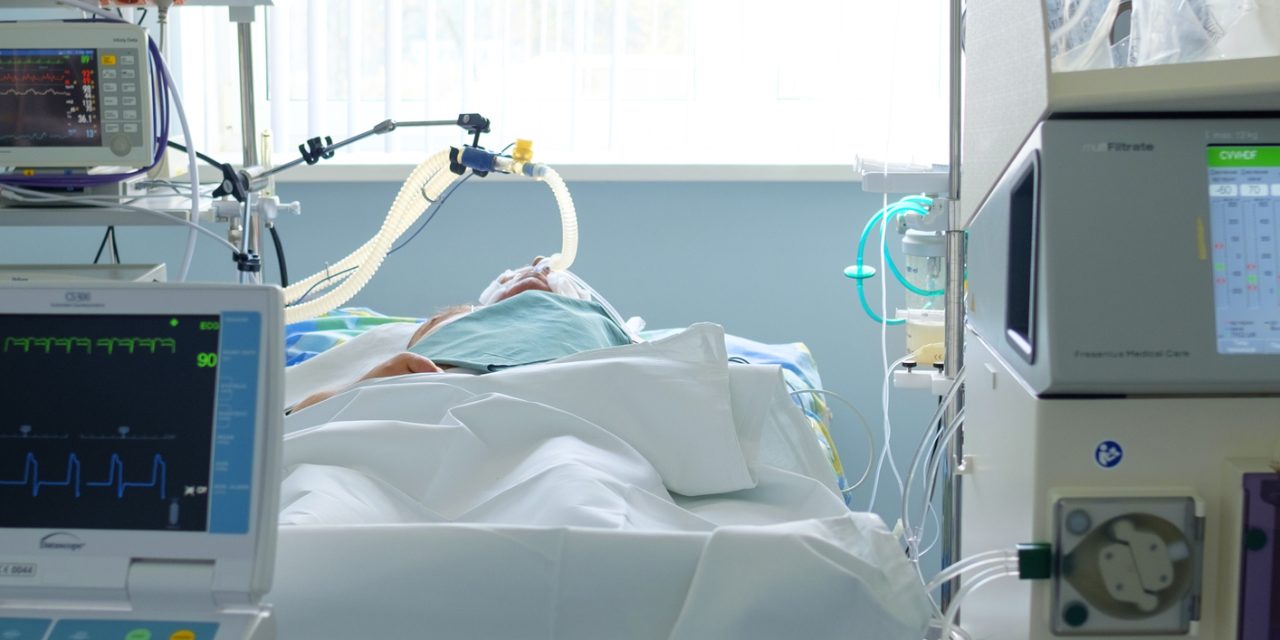The COVID-19 (Corona Virus Disease 2019) outbreak, which seriously affected people’s lives across the world, has not been effectively controlled. Previous studies have demonstrated that SARS-COV-2 (Severe acute respiratory syndrome coronavirus 2) infecting host cells mainly rely on binding to receptor proteins, namely ACE2 and TMPRSS2. COVID-19 transmission is faster than the severe acute respiratory syndrome (SARS) pneumonia outbreak in 2002. This is mainly attributed to the different pathways of virus-infected host cells, coupled with patients’ atypical clinical characteristics. SARS-CoV-2 is mainly transmitted through respiratory droplets and contact, infecting lung tissues before damaging other body organs, such as the liver, brain, kidney and heart. The present study identified potential target genes for SARS-COV-2 receptors, ACE2 and TMPRSS2, in normal human lung tissue. The findings provide novel insights that will guide future drug development approaches for treatment of COVID-19.
Gene expression analysis identifies genes associated with SARS-COV-2 receptors, ACE2 and TMPRSS2, in normal human lung tissues.


